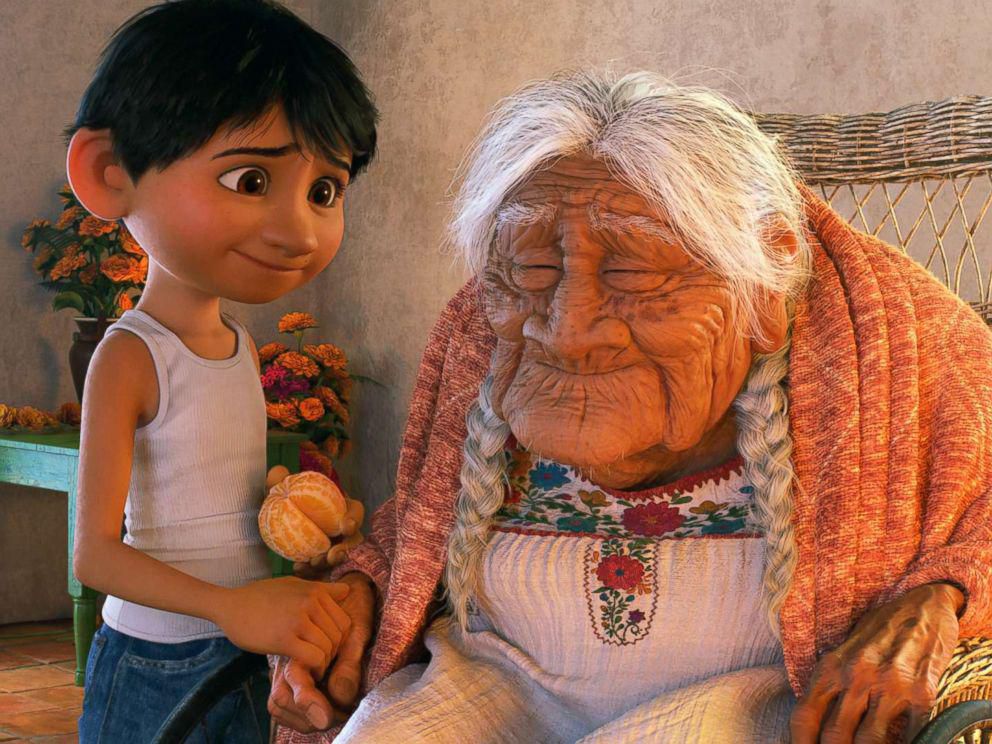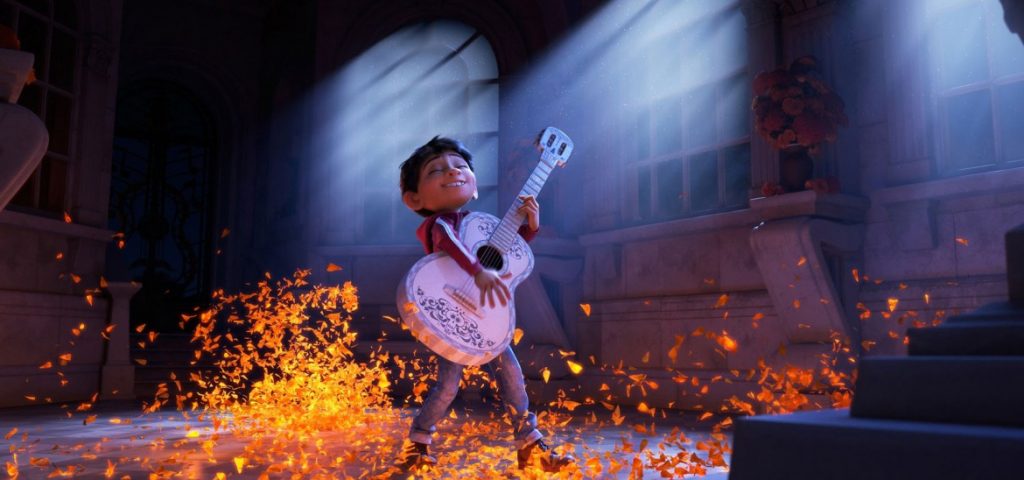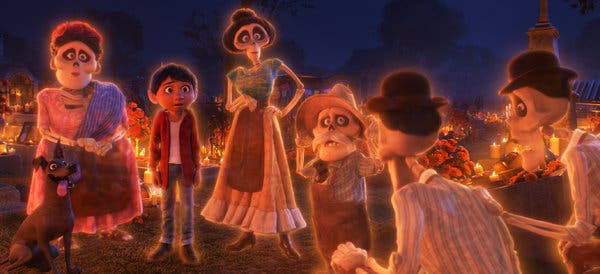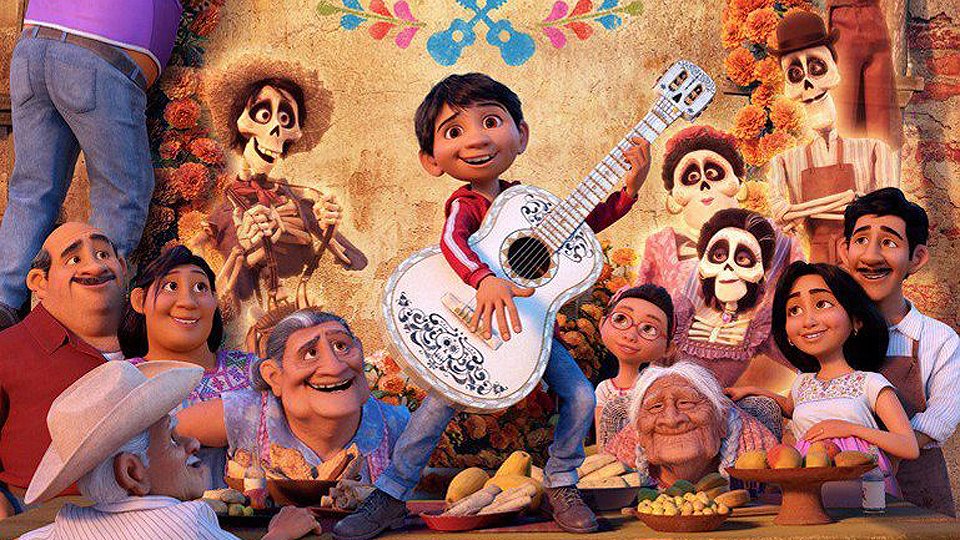“Death is not the end of life, forgetting is.” Believing in this classic line earned the audience’s tears. The film tells the story of a young boy, Miguel, who leaves his real family in pursuit of his musical dream to find his idol and his family in the bizarre “land of death”. After experiencing a series of adventures, he finally returned to reality to complete his musical dream, and also awakened his family’s nostalgia for the deceased. The whole film revolves around the Mexican Day of the Dead.
In Mexico, the biggest local festival is related to death. This is not so much a festival to pay homage to the dead, as it is a huge carnival for all people in Mexico. And “Coco” shows the original Mexican Day of the Dead (Día de Muertos).
In the movie, the world of the dead wants to return to the world of the living by crossing a bridge made of marigolds. According to folklore, in ancient times, Mexicans believed that the corolla of marigolds could preserve the energy of sunlight, so it could illuminate the way for the dead to return to the world. Until now, this tradition in Mexico still exists. People will sprinkle the petals of this flower on the road between the house and the cemetery and place candles to guide the soul back home.

The altar is generally divided into several floors, with pictures of the dead relatives placed on the top. On the other floor, they placed their favorite foods: Mexican food, candy, sweet bread, if adults would put tequila, Coca-Cola, etc., children would put their favorite toys. Candles will be lit throughout the altar, and sugar skulls and marigolds will be placed.

The dog in the movie is not an ordinary wild dog, it is a rare hairless dog in Mexico. According to Mexican legends, hairless dogs (Xoloitzcuintle) are guide dogs in the world of the undead. They lead the souls who have just passed away to the new world, so they are called Mexican god dogs.
The Mexicans do not think that the cemetery is a place of sadness and terror, but a place of recollection of joy. On the Day of the Dead, they will clean and dress up the cemetery, and like an altar to put the favorite food of the deceased relatives, waiting for them to return, sometimes they will invite a band to play in the cemetery.

In addition, there are many classic Mexican elements in the movie.
Frida Kahlo, a legendary Mexican female painter. One-line eyebrows are her own characteristics. Her life has been bumpy and her life has been difficult. In Mexico, portraits of Frida are everywhere, on walls, buses, tourist souvenirs, etc. So when Frida is in the rehearsal program in the movie: This is me, that is me, it’s all me!
Mariach musicians appear in the film. This kind of music is listed as the world’s intangible cultural heritage and one of the symbols of Mexico. A street band usually consists of at least five members, including violinists, trumpeters, and Mexican guitarists, and sometimes it can reach more than ten. They usually wear gorgeous costumes decorated with metal inlays and play melodious music together.
The colorful monster Alebrijes is the prototype of the great-great-grandmother Imelda’s mount in the movie. It is the inspiration generated in the nightmare of the artist with a high fever, and the chaotic splicing of different parts of various animals has produced one of Mexico’s greatest folk art.



